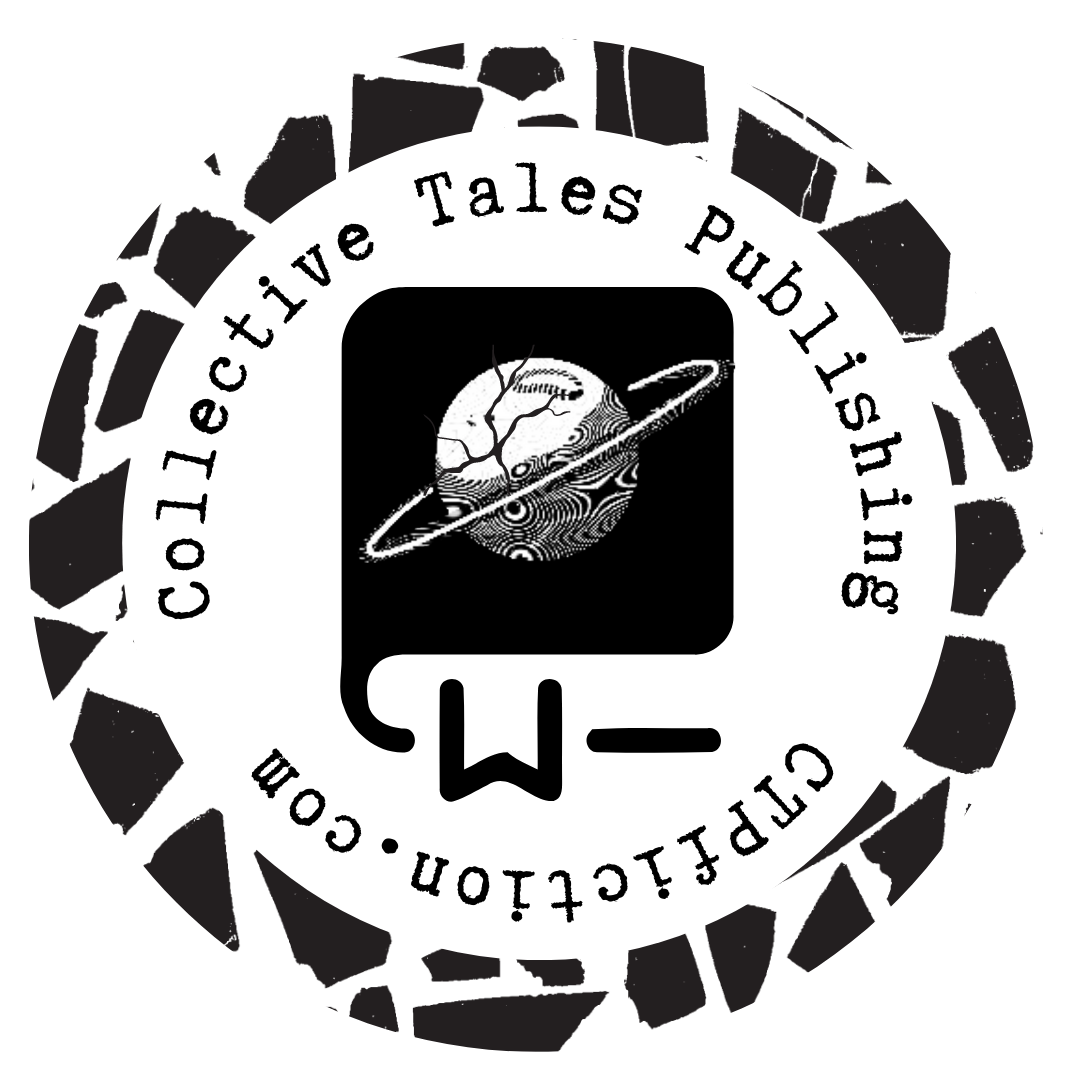Write Better Fantasy: 3 Tricks
By H.R.R Gorman
Most writers out there have an urge to commit the story in their heads to paper (or a hard drive, given the times). I want everyone to get those thoughts and images into words. I want you to get that story finished in the timeframe you desire and in a configuration that will please you.
While writing pace is something that can be altered by your schedule, focus, and typing speeds, we can always improve our craft. There’s more: you’ve probably already had several important lessons in high school, and all you need to do is reactivate them in your brain. Here are a few quick tips and tricks to unlock all that potential!
Fair warning: this will contain spoilers for The Lord of the Rings and the first book in A Song of Fire and Ice (Game of Thrones).
1. Pay Attention to the Zeitgeist
Zeitgeist is the general feeling of the era. When this article was written, in America, 2022, there’s a generic feeling of 80s nostalgia, racial recompense and antiracism (but has that ever not been a problem since, you know, America started?), and GOLLY GEE WHIZ SCREW THIS PANDEMIC. We all know this, but how should it affect our fantasy stories or any genre of story?
Other people are in the same boat, and they can interpret things through a similar lens as you. People are tired of the pandemic now, so does it make sense to write about a magical disease? It may have been a great idea in 2020 or early 2021, but now in 2022, the need for pandemic catharsis is grinding down to a halt.
2. NEVER Write Without a Theme
You remember high school English when you were learning about themes? About how often it felt like making up author intentions where there were none? About how it felt like losing the forest for the trees?
Turns out, there’s something to what your teacher said!
The Lord of the Rings vividly showcases the theme of nature vs. technology. Given the hobbits, elves, and dwarves defeat Sauron, one could easily conclude Tolkien’s work supports the side of nature. Though it may seem like putting words in the author’s mouth at first glance, the “nature” side is what allows us to group the disparate forces that face off against Sauron.
Themes can draw the story together, even if they’re not readily apparent. Keeping one in mind as you write makes it easier to tug at heartstrings, make statements, or help a reader conclude who is the good guy and bad guy. Even if no one else realizes your theme, it will help draw your story together in a tighter form with a single purpose.
3. Have a Good Reason to Include Magic
Try to think about The Lord of the Rings without magic. Can you do it?
If I try to do it, it turns into a spy thriller. You have a group of guys carrying what is essentially a nuke into the heart of the enemy capitol and setting it off. The main spies are captured by an independent faction (Shelob). Many of the main characters gather forces and end up fighting for Argorn in a war that is much the same as the one already in the book.
Part of this is, as mentioned in number 2, the loss of theme. The coalition group loses a lot of cohesion without magic. Magic in this book also represented hope against the corrupted evil of technology, giving the main characters something to believe in. Without magic in Lord of the Rings, there would potentially need to be a strong religious or cultural backdrop to give the characters and reader more connection and drive. Though the story could have been a perfectly fine thriller, the magic added that layer to give it a literary boost.
In contrast, I’d like to present Game of Thrones (at least the first book). When I take away magic from that book, the only piece that is truly lost is the very end where Daenerys hatches her dragons. It’s mostly a gritty, medieval story about people seeking a throne. Discounting other books in the series, magic isn’t terribly important in the book.
If you’re going to include magic, give it a reason, a purpose. Make it affect the characters life, and tie it to the theme (which you’re going to have from now on, right?). If it doesn’t need magic, consider if it needs to be fantasy at all or if the story could do without the word count explaining the system.
H.R.R. Gorman fashions dark stories by night and makes drugs by day as a pharmaceutical process engineer. He grew up in the Blue Ridge mountains of North Carolina and was the first person in his family to attend and graduate college. He obtained his bachelor’s, master’s, and PhD in chemical engineering and now has come back to North Carolina with his nuclear engineer husband and vicious attack-Pomeranian. In between processing pharmaceuticals and delving into fiction, Dr. Gorman likes playing Dungeons and Dragons. You can find more of his writing in the Dark Divinations and Lethal Impact anthologies, at www.hrrgorman.wordpress.com, or on Twitter @hrrgorman.
He wrote “Come and in my Chamber Lye” in Collective Fantasy.





